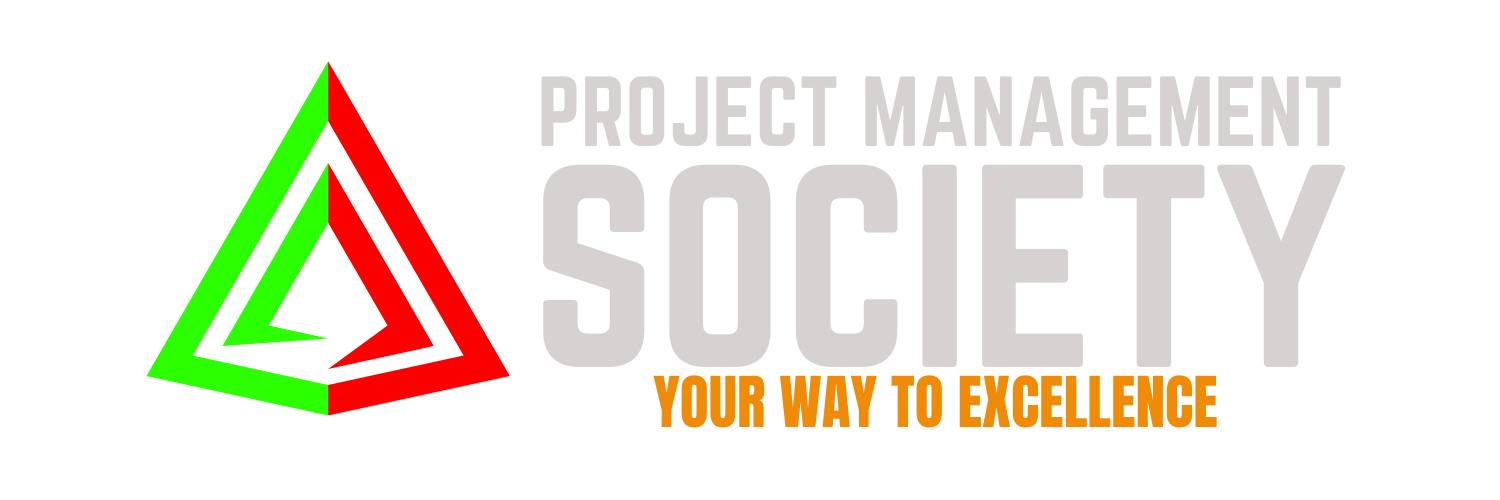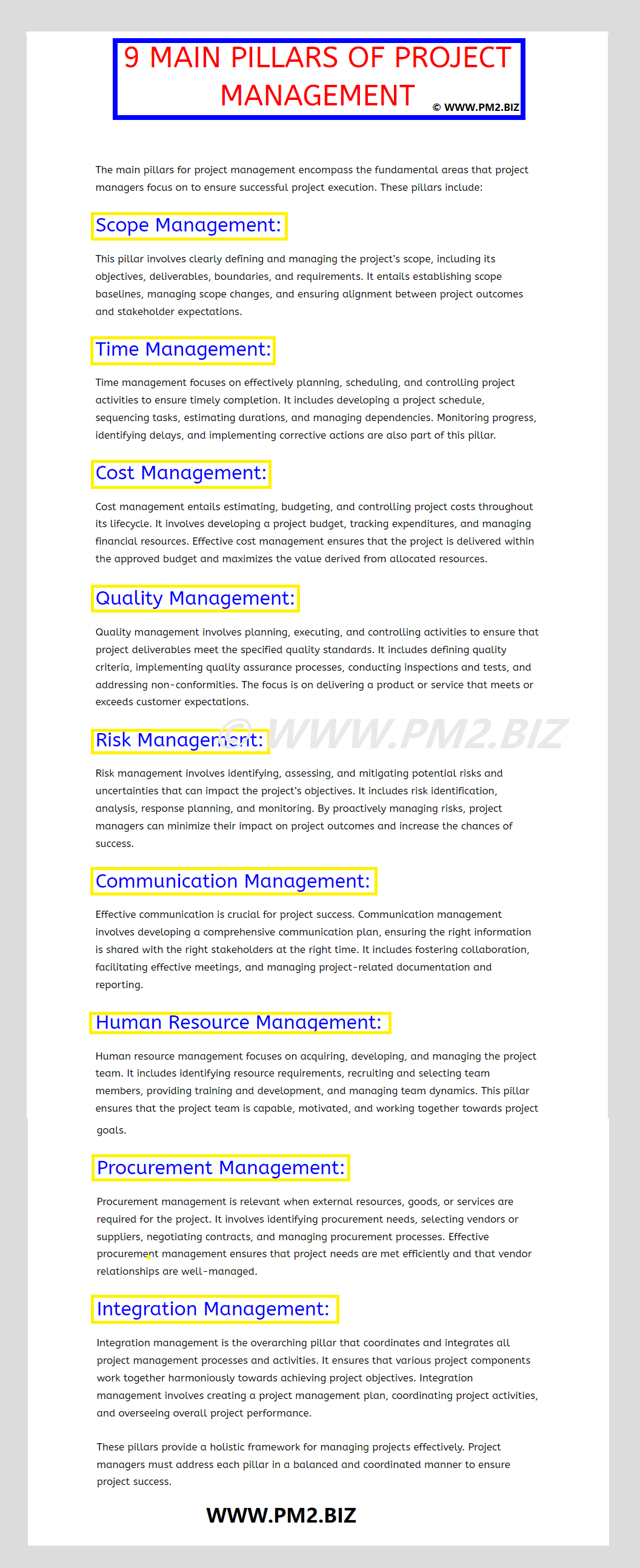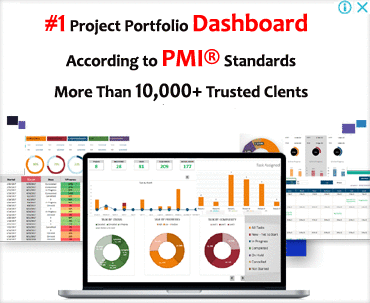9 MAIN PILLARS OF PROJECT MANAGEMENT
The main pillars for project management encompass the fundamental areas that project managers focus on to ensure successful project execution. These pillars include:
Scope Management:
This pillar involves clearly defining and managing the project’s scope, including its objectives, deliverables, boundaries, and requirements. It entails establishing scope baselines, managing scope changes, and ensuring alignment between project outcomes and stakeholder expectations.
Time Management:
Time management focuses on effectively planning, scheduling, and controlling project activities to ensure timely completion. It includes developing a project schedule, sequencing tasks, estimating durations, and managing dependencies. Monitoring progress, identifying delays, and implementing corrective actions are also part of this pillar.
Cost Management:
Cost management entails estimating, budgeting, and controlling project costs throughout its lifecycle. It involves developing a project budget, tracking expenditures, and managing financial resources. Effective cost management ensures that the project is delivered within the approved budget and maximizes the value derived from allocated resources.
Quality Management:
Quality management involves planning, executing, and controlling activities to ensure that project deliverables meet the specified quality standards. It includes defining quality criteria, implementing quality assurance processes, conducting inspections and tests, and addressing non-conformities. The focus is on delivering a product or service that meets or exceeds customer expectations.
Risk Management:
Risk management involves identifying, assessing, and mitigating potential risks and uncertainties that can impact the project’s objectives. It includes risk identification, analysis, response planning, and monitoring. By proactively managing risks, project managers can minimize their impact on project outcomes and increase the chances of success.
Communication Management:
Effective communication is crucial for project success. Communication management involves developing a comprehensive communication plan, ensuring the right information is shared with the right stakeholders at the right time. It includes fostering collaboration, facilitating effective meetings, and managing project-related documentation and reporting.
Human Resource Management:
Human resource management focuses on acquiring, developing, and managing the project team. It includes identifying resource requirements, recruiting and selecting team members, providing training and development, and managing team dynamics. This pillar ensures that the project team is capable, motivated, and working together towards project goals.
Procurement Management:
Procurement management is relevant when external resources, goods, or services are required for the project. It involves identifying procurement needs, selecting vendors or suppliers, negotiating contracts, and managing procurement processes. Effective procurement management ensures that project needs are met efficiently and that vendor relationships are well-managed.
Integration Management:
Integration management is the overarching pillar that coordinates and integrates all project management processes and activities. It ensures that various project components work together harmoniously towards achieving project objectives. Integration management involves creating a project management plan, coordinating project activities, and overseeing overall project performance.
These pillars provide a holistic framework for managing projects effectively. Project managers must address each pillar in a balanced and coordinated manner to ensure project success.




